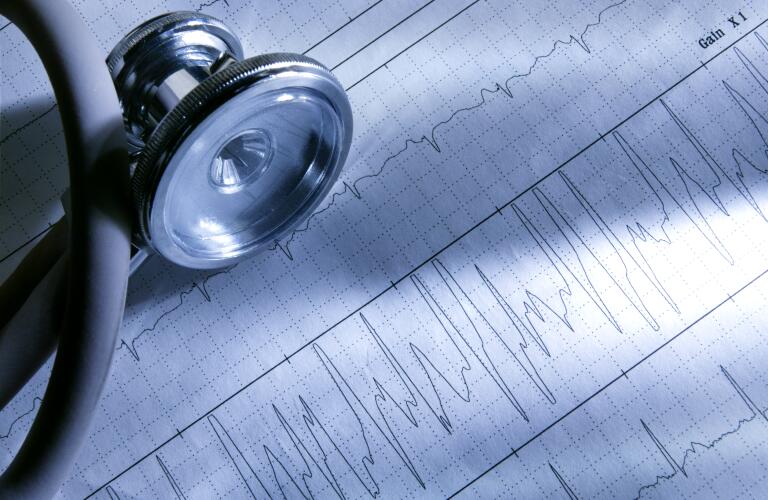
Potassium is a mineral and electrolyte that’s crucial to the proper functioning of the human body. It plays a role in muscle contraction—and since the heart is a muscle, it affects the heart’s ability to work efficiently as well. Potassium is also important for nerve function; too much or too little potassium can interfere with communication between the brain and body.
A healthy blood potassium level is 3.6 to 5.2 millimoles/liter (mmol/L). If your level is higher than 5.2 mmol/L, you have high potassium, also called hyperkalemia. (Fun fact: The chemical symbol for potassium is K, short for “kalium,” an old Latin word for “potash,” which is a potassium fertilizer created from wood ash.) A blood potassium level higher than 6.0 mmol/L is a medical emergency.
Learn more about the dangers of high potassium, including medical conditions that increase the risk of hyperkalemia and why moderate to severe hyperkalemia requires immediate treatment to stabilize the heart and decrease levels of potassium in the blood.
A healthy body can easily keep potassium levels within normal limits. Certain medical conditions and treatments make it difficult for the body to effectively regulate potassium, however. You may be at increased risk for hyperkalemia if you have:
- Kidney disease. The kidneys normally excrete extra potassium in the urine. If your kidneys aren’t working well, potassium may build up in your blood.
- Diabetes, which may affect the kidneys’ ability to effectively get rid of excess potassium. Diabetes also interferes with potassium metabolism.
- Heart failure. Many of the medications used to manage heart failure can affect potassium levels.
- High blood pressure. Elevated blood pressure doesn’t cause hyperkalemia, but some of the medications used to treat it can.
- Extensive injuries. Motor vehicle accidents, serious falls, and burns over large parts of the body cause damaged muscles and tissues to release potassium into the bloodstream.
Addison’s disease, a condition in which the body doesn’t produce sufficient amounts of hormones that affect the kidneys’ function.
You may not feel any symptoms as your potassium level rises. However, hyperkalemia can cause:
- Muscle weakness
- Abnormal heart rhythms, which may be life threatening
Importantly, scientists and healthcare providers are learning that your overall health may influence whether or not high potassium levels are a nuisance or likely to cause serious medical complications. A 2017 article published in the Journal of the American Society of Nephrology notes that among people with similar potassium levels, those with underlying medical problems are more likely to experience abnormal heart rhythms and die than healthier people without underlying conditions. The same article also suggests that people with chronic kidney disease may be able to tolerate potassium levels up to 6.0 mmol/L without experiencing negative effects on the heart.
If you have a medical condition or take a medication that increases your risk of hyperkalemia, your healthcare provider will probably monitor your potassium level with periodic blood tests. If your level creeps up, you may need to decrease your intake of potassium-rich foods for a while. If a medication is contributing to high potassium, your healthcare provider may suggest switching to a different medicine. Sometimes, doctors will prescribe diuretics (“water pills”) to increase urination and the excretion of potassium.
If your potassium level is very high, emergency treatment is necessary to protect your heart. Healthcare providers can administer calcium or glucose and insulin via IV (intravenous line) to decrease hyperkalemia. If these measures aren’t sufficient, hemodialysis may be necessary.
Hyperkalemia can be life-threatening, but with appropriate medical monitoring and treatment, most cases will not cause permanent harm.







